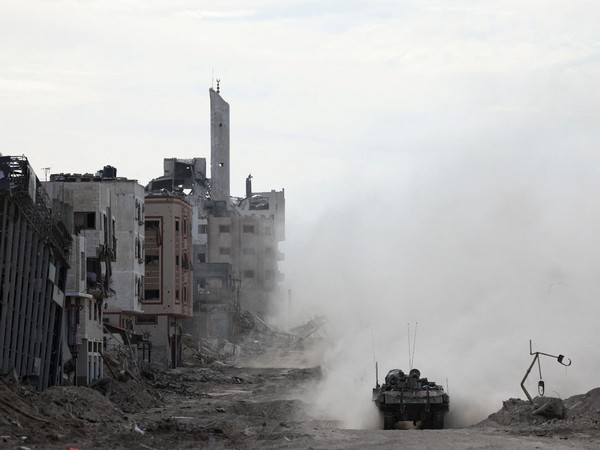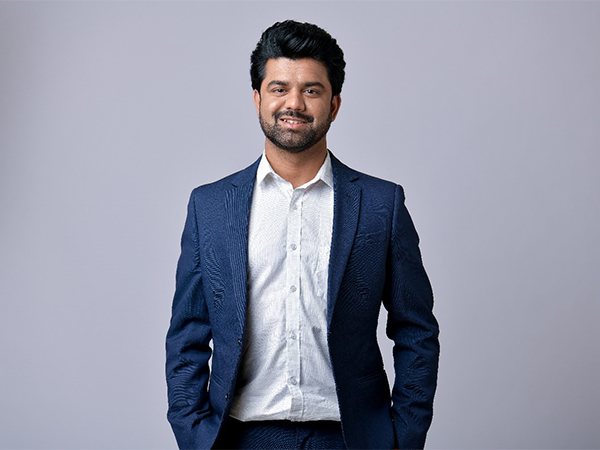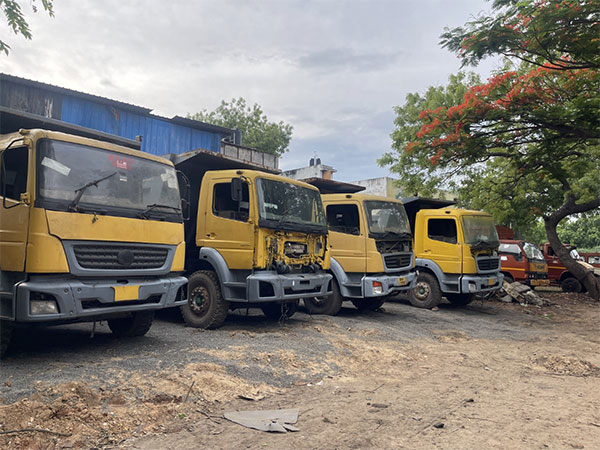
Israel-Hezbollah conflict intensifies
Sep 26, 2024
Beirut [Lebanon], September 26: The military conflict between Israel and the Iran-backed Hezbollah in Lebanon intensified on Wednesday, as Israel announced additional troop mobilizations and sent warplanes to the north of Beirut, as Hezbollah targeted Tel Aviv for the first time.
The Israel Defense Forces (IDF) said it was mobilizing two more reserve brigades for missions in the northern area and that troops must be ready for a ground manoeuvre.
"We have entered a new phase in the operation," said Ori Gordin, the IDF commander for the north. He said Israel must "change the security situation, and we must be fully prepared for manoeuvres and actions." According to the military, the aim is to enable around 60,000 inhabitants of northern Israel who have fled to return to their homes.
Hezbollah sources said the militia fighters were "ready to confront any possible ground invasion." More back and forth Israeli strikes on Wednesday morning killed 51 and injured some 223, the Lebanese Health Minister Firass Abiad said at a press briefing later in the day.
The attacks struck towns and villages in the south of the country and also north of Beirut. Overall some 600 people have been killed since the escalation began on Monday, the ministry said.
Israeli warplanes attacked the predominantly Christian areas north of Beirut for the first time since the conflict with the Shiite Hezbollah militia escalated about a year ago.
The towns of Maaysra, north of Beirut, and Joun near the coastal city of Sidon were also hit. Maaysra, however, is the only Shiite village in the predominantly Christian area, which is about an hour's drive north of Beirut. Joun is mainly composed of Sunni Muslims with some Christians.
The Lebanese state news agency NNA also reported numerous attacks on places in the east of the country. There was no immediate confirmation from Israel's military.
These followed a rocket attack by the Hezbollah militia, which directly attacked the Israeli coastal metropolis of Tel Aviv for the first time.
According to the Israeli army, the rocket was intercepted. Hezbollah subsequently declared that the rocket attack was aimed at the headquarters of Israel's foreign intelligence service Mossad in a suburb of Tel Aviv. Mossad, it said, was responsible for the assassination of several of the militia's leaders and for the evidently coordinated mass explosions of communication devices used by Hezbollah in Lebanon last week.
Hezbollah continued shelling Israel and said it had fired dozens of rockets at a military base in the north of the country. Around 40 missiles were fired from Lebanon and some of them were intercepted, the Israeli military announced. One rocket fell near an assisted living facility near Safed in the north; there were no injuries.
Observers and ex-military personnel in Lebanon confirmed the Israeli military's accusation that Hezbollah is hiding weapons in residential areas. "[Hezbollah] has no barracks or places to store their weapons because Israel will detect them," said former Lebanese army brigadier Wehbe Katischa, who served in southern Lebanon.
"That's why their most important depots are located between houses and in mountainous areas near residential areas." The Hezbollah militia had an estimated 150,000 missiles in the region before the start of the Gaza war almost a year ago. Israel's military repeatedly said that the attacks in Lebanon would target the militia's weapons depots. Israel has long accused Hezbollah of hiding weapons in residential areas and of manufacturing rockets there. The Lebanese government has tried to refute some of these accusations.
Source: Qatar Tribune









